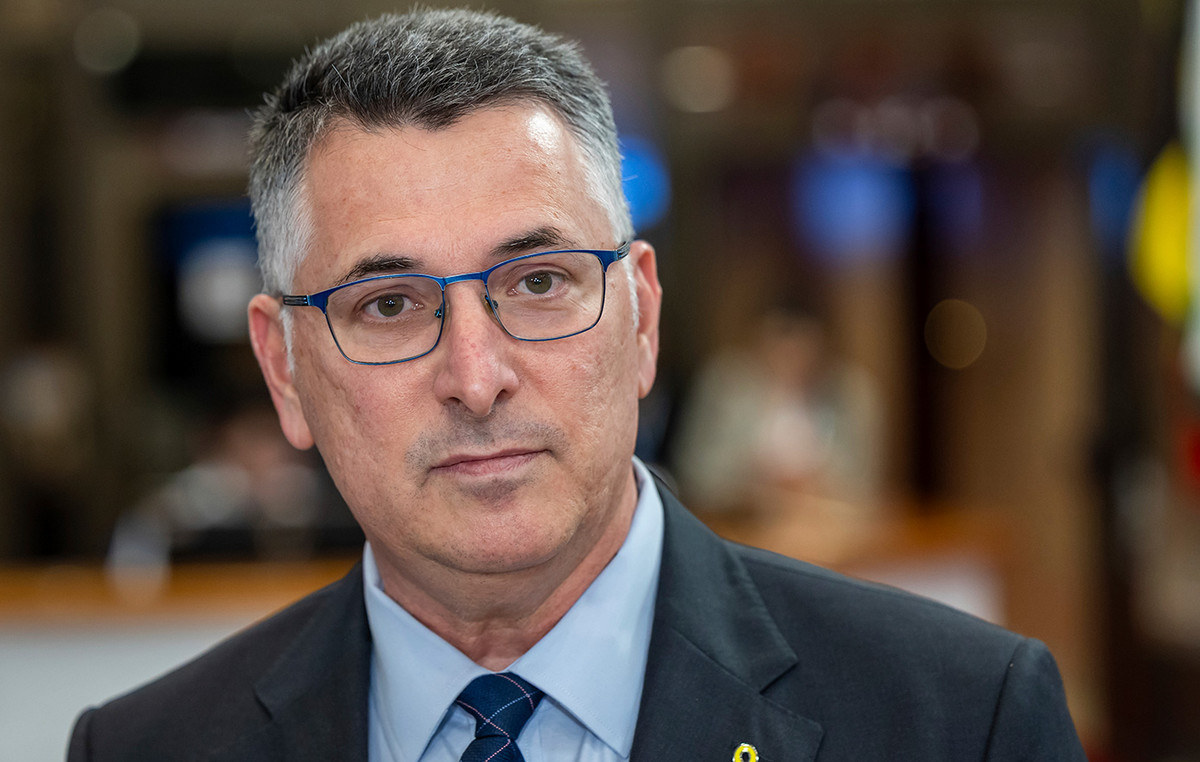The 15th BRICS Summit comes to an end this Thursday (24th) and can count on the announcement of new members:
- Argentina, from South America
- Egypt, from Africa,
- and Saudi Arabia, United Arab Emirates and Iran, from the Middle East.
The group members reached a consensus to invite the five new members on Wednesday (23), the second day of the event, as verified by CNN .
Indonesia, which could also have been invited, decided during the summit to wait longer to consider joining the group.
Summit agenda this Thursday
- First session of the Dialogue of Friends of the Brics, BRICS-Africa Outreach and BRICS Plus, at 4 am [no horário de Brasília];
- Second session of the Dialogue of Friends of the Brics, at 8:30 am;
- End of the 15th BRICS Summit at 12:00.
The presidents of Brazil, Luiz Inácio Lula da Silva (PT); from South Africa, Cyril Ramaphosa; from China, Xi Jinping; and the Prime Minister of India, Narendra Modi.
With Russian President Vladimir Putin participating remotely, Russian Foreign Minister Sergei Lavrov is representing the country in person at the event.
New countries, equal rights
All countries that have announced their entry into the Brics will be full members, with the same rights as the original nations: Brazil, Russia, India and China – as well as South Africa, which was incorporated into the group in 2011.
The membership process will take place over a year and all new members are expected to be present at the next leaders’ summit in Russia in 2024.
Brazil defended the entry of Argentina, a commercial partner in Mercosur. According to negotiators, there was no controversy related to the country’s entry, which is facing a serious economic crisis with triple-digit inflation.
The joint accession of Iran, Saudi Arabia and the United Arab Emirates, all dictatorships, ensured a balance for the bloc, as there are important rivalries between them.
Iran and Saudi Arabia are major regional adversaries, who only recently resumed diplomatic relations – thanks to the mediation of China, which wanted the two countries in the bloc.
Furthermore, an invitation to two Sunni-majority countries (Saudi Arabia and the United Arab Emirates) without the same nod to a Shia-majority country (Iran) could be misunderstood in the Muslim world.
VIDEO – Analysis: Lula defends Brics expansion and common currency at event
The decision to expand the group contemplates the interests of China and Russia, who intend to use the Brics as a kind of counterpoint to the G7, led by the United States, and other global governance entities.
The idea of expansion had been discussed for years, but it gained momentum recently due to the increasingly heated geopolitical dispute between China and the United States, the two largest economies in the world, and the isolation of Russia in the face of the invasion of Ukraine.
President Lula, however, denied that the intention of the Brics is to make a counterpoint to any other group, be it “the G7, the G20 or even the United States”.
A person very close to Lula told CNN that the main interest of the Brics is to defend the interests of the group within a global order, which is changing rapidly, transforming itself into a multipolar world.
One of Brazil’s requests to accept the entry of new members was that there be a clear declaration by China and Russia defending the occupation by Brazil of a permanent seat in the UN Security Council.
According to the negotiators, the final statement to be released on Thursday should include clear language of Security Council reform, but without explicit support for any country.
*With information from Américo Martins, from CNN
Source: CNN Brasil
Bruce Belcher is a seasoned author with over 5 years of experience in world news. He writes for online news websites and provides in-depth analysis on the world stock market. Bruce is known for his insightful perspectives and commitment to keeping the public informed.







